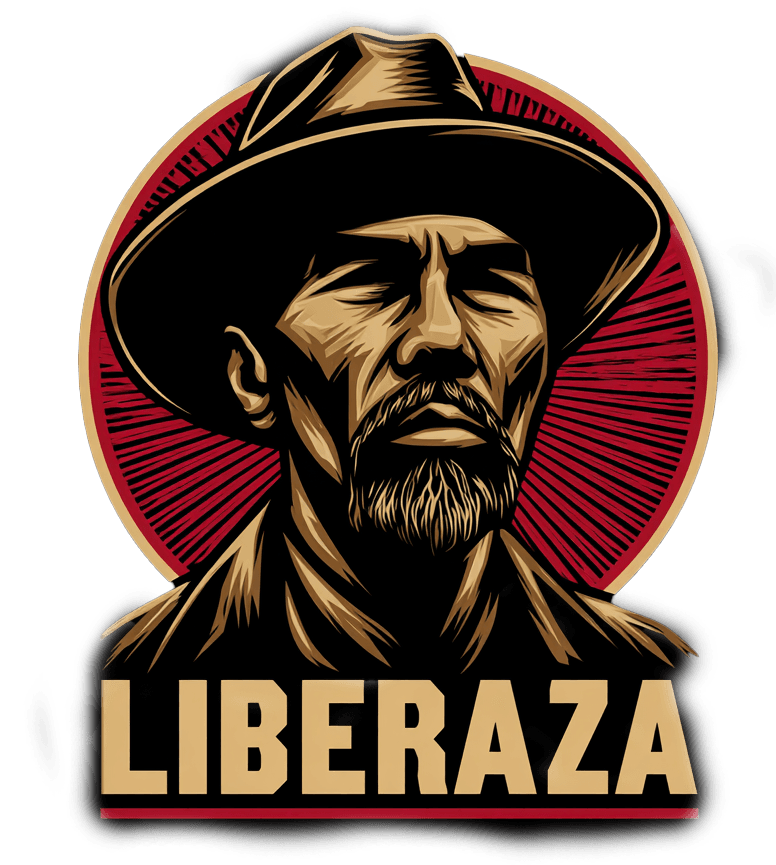The Quiet Heroism of a Consul: How Carlos González Gutiérrez Is Standing Up for Mexican Los Angeles
LS
As ICE raids sweep through Los Angeles neighborhoods and fear takes root in Latino communities, a quiet figure is stepping forward—not as a protester, not as a politician, but as a diplomat. His name is Carlos González Gutiérrez, Mexico’s Consul General in Los Angeles. And in a time of masks, detentions, and vanishing rights, he’s proving that diplomacy can still mean something.
Gutiérrez isn’t making noise for headlines. He’s doing something much rarer: showing up for people when it matters most. In courthouses, community centers, and radio stations, he’s reminding Mexican nationals—and by extension, all immigrants—that they’re not alone in this.
This post is about him, but it’s also about the deeper fight for dignity happening right now in Los Angeles.
🎯 A Consul’s Job—Redefined by Crisis
Typically, a consul oversees visas, passports, and cultural events. In calmer times, that’s enough. But these aren’t calm times.
Los Angeles has become ground zero for the federal government’s aggressive immigration crackdown. Since early June, ICE has conducted nearly 3,000 arrests in Southern California—many of them involving non-criminal undocumented immigrants. Courthouse raids. Highway stops. Workplace sweeps. And always, the agents are masked. The fear is real. The community response, urgent.
That’s why Gutiérrez has expanded the traditional role of the consulate. He’s speaking publicly—not just issuing safe statements. He’s launching legal support clinics, pushing back on misinformation, and partnering with community organizers. He’s even released video briefings on Spanish-language news channels to help immigrants understand their rights if approached by ICE.
In a city as sprawling and vulnerable as Los Angeles, that matters. It’s what leadership looks like when leadership is scarce.
🧭 Grounded in History—and Urgency
Gutiérrez isn’t improvising. He knows this terrain.
This isn’t the first immigration crackdown in U.S. history. He’s written and spoken about the 1950s Operation Wetback and the 1930s deportation drives that forced hundreds of thousands of Mexican and Mexican-American families—many of them U.S. citizens—out of the country. The cycles repeat. The fear remains.
But here’s the twist: today’s deportation regime is more opaque and better funded. The enforcement playbook includes camouflage: masked ICE agents, hidden detainment, and lightning-fast processing that leaves little room for legal defense.
Gutiérrez’s perspective adds critical depth. By contextualizing today’s events with historical precedent, he’s showing that what’s happening isn’t just a crisis—it’s a continuation of a long and painful pattern. And maybe, just maybe, that knowledge can inspire better policy—and more resistance.
🧑⚖️ Rights, Not Rhetoric
At the core of Gutiérrez’s approach is a belief that legal protection should be accessible. He’s expanded consular services to offer:
Rapid-response legal aid for those detained or threatened with deportation
Workshops on asylum procedures, including alternatives for mixed-status families
Assistance navigating ICE’s opaque procedures, including information about bond hearings, legal representation, and family contact
For undocumented immigrants who’ve been told they “don’t have rights,” this is a lifeline.
And he’s not doing it alone. His office is collaborating with organizations like CHIRLA, Legal Aid Foundation of Los Angeles, and Immigrant Defenders Law Center. These aren’t abstract alliances—they’re coordinated efforts aimed at protecting vulnerable people who ICE sees as statistics.
📣 A New Kind of Advocacy
What makes this moment unique is that Gutiérrez is pushing boundaries without breaking protocol. He’s not marching in protests or holding press conferences flanked by politicians. He’s doing what diplomats rarely do—embedding in the story, not floating above it.
In the words of one East L.A. organizer:
“He didn’t have to do this. But he did. That changes everything.”
His public presence in immigrant spaces changes how people perceive their own vulnerability. It says: someone official sees you. Someone official will fight for you.
🧠 Why This Matters for the Rest of Us
What’s unfolding in Los Angeles isn’t just about immigration—it’s about values. It’s about who steps up when federal policy becomes disconnected from community impact.
Carlos González Gutiérrez isn’t going to stop deportations. But he can slow the machinery, educate the people, and shine a light where shadows are being used as weapons.
That’s not noise. That’s action. And it’s quietly reshaping what a consulate can mean.
📝 Final Thoughts
At a time when ICE agents wear masks and silence follows detainment, Gutiérrez wears his badge and speaks out. He brings not just credibility—but care. Not just advocacy—but architecture: systems, processes, networks.
He reminds us that power doesn’t always have to shout. Sometimes, it just needs to stand beside you.
In the fight for immigrant rights in Los Angeles, the most powerful person in the room might just be the one holding a Mexican passport—and protecting those who don’t have one.
